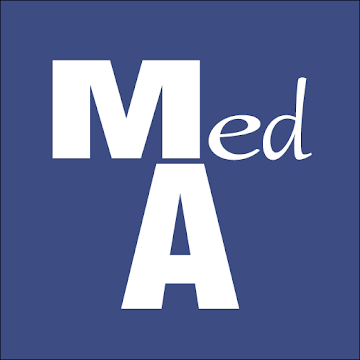Recently a colleague of mine completed an audit for a customer facility of all Part A residents with zero NTA points. The purpose was to answer the question: “Is it really possible these people have no non-therapy ancillaries?” The results were eye opening: More than 26% of the admissions DID have a potential NTA that was missed.
These findings agree with a recent article in McKnights which discusses this very problem. NTAs, nursing and speech items can easily be missed. It’s a costly problem too. For this small sample of residents, this quick audit showed nearly $5000 in missed reimbursement, just for one month. Had the audit included all admissions the total would likely be higher.
Finances might not be the biggest problem either. The optics of missing an important medical condition aren’t very good. Just last week we were speaking with someone who runs very large group facilities who told us “It isn’t the money that concerns me most, it’s the risk of missing something.”
Why does this happen?
It’s easy to just blame the admissions nurse for simply missing something in the documentation, but that’s also a gross oversimplification. There are many reasons for errors and often multiple reason are present. Here are a few. See if you think any of these might apply to your situation:
-
Staffing Concerns: One or maybe two nurses are responsible for reading the H&P documents from the hospital and highlighting important conditions. Often the H&P is over a hundred pages long for a single admission. You only have a few hours to make an admission decision before you must move on.
-
Complexity & Inconsistency in Documentation: There are 50 NTAs. Roughly half of those are based on ICD-10 codes. There are thousands of ICD-10 codes. Each nursing condition can be triggered by multiple items that can be described differently, even vaguely, by different people. It is unrealistic to think any one person will catch everything. Even if that person is a doctor, the variety, and quality of documentation varies widely.
-
Humans just aren’t good at this: Check out this report from the Federation of American Scientists. The report points out that one of the major challenges for screening the baggage of airline passengers is boredom. The report describes “boredom and complacency” as “…two factors that can have a significant negative impact on human performance.” These are people looking for bombs and weapons. Imagine reading a hundred page document looking for a vaguely worded sentence that might indicate a potentially important detail about someone’s medical history.
Additionally, there is no “feedback loop” in this process. We check to make sure that what we’re submitting for payment is documented correctly and fully, Who checks to make sure we’re submitting everything we should? Usually no one.
The FUTURE isn’t Artificial Intelligence
That might be a surprising thing to hear from me. The reason I say that is because AI is ready right now. We are using it in facilities today, while you read this. The audit I mentioned earlier was done by Broad River Rehab’s AI, Documentation Navigator™. It’s already read thousands of pages of patient documentation since PDPM began on October 1st. It’s identifying non-therapy ancillaries, nursing categories and speech comorbidities. This isn’t something that will “be ready in 5 or 10 years”.
Is it perfect? No. Will it continue to get better over time? Yes, of course! We’re already on version 2 and I’ve already discussed version 3 with the team. Make no mistake though, AI can help you today.
Remember: artificial Intelligence doesn’t have to be perfect to be better than what we’re doing today. I’m reminded of the debate around self driving cars. The question isn’t “Will self driving cars kill or inure people?” The question should be “Will self driving cars kill and injure fewer people?”
Self driving cars, and AI documentation scanners will continue to get better every day. AI doesn’t get tired or bored. AI continues to learn and doesn’t forget. In the case of complex medical document scanning, AI still needs supervision, but it can enable you to better understand the complex conditions of your admissions while allowing you to spend less time reading documentation. Don’t wait for perfect, it isn’t coming. AI can help you and your patients today.

